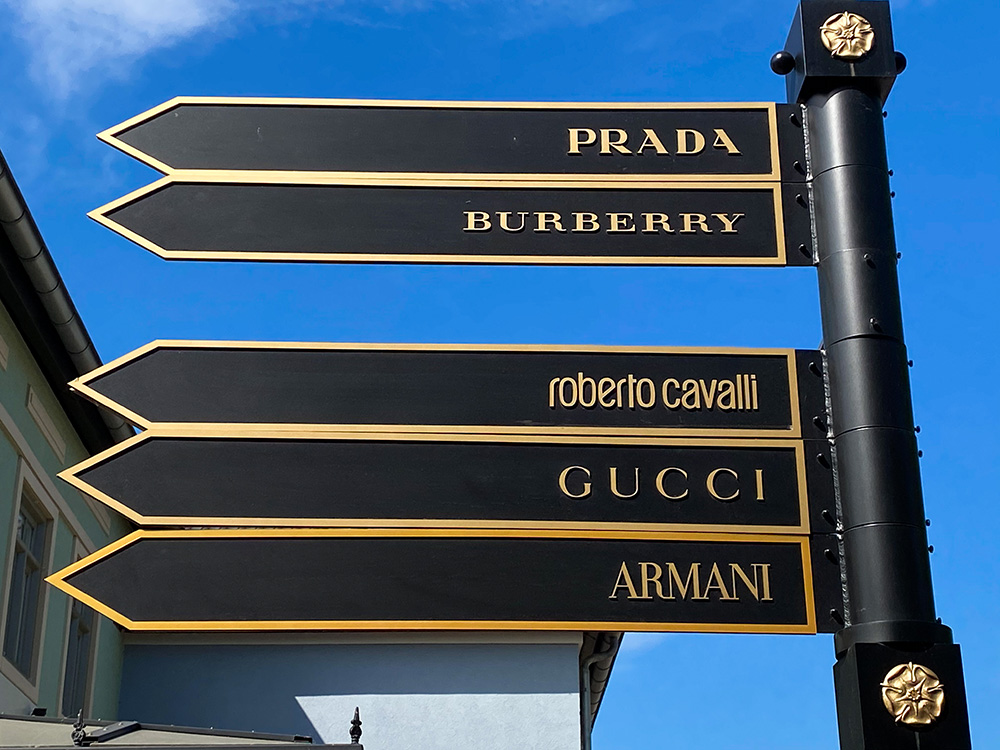As Matt Benjamin details below, investors should consider investing in this relatively recession-proof sector.
And Alexander Green’s latest recommendation in The Oxford Communiqué is a great way to do it.
Read the latest issue here to find out all the details.
– Nicole Labra, Senior Managing Editor
It’s still not clear if the U.S. economy is headed for a recession this year.
On the one hand, the red-hot labor market has cooled off a bit in 2023. After creating 472,000 jobs in January, it’s now adding an average of about 220,000 a month.
Plus, markets are pricing in future rate cuts they expect the Federal Reserve to have to make in response to slowing growth. That has pushed the yield curve – the difference in interest rates across bond maturities – upside down, or inverted. That’s long been a signal that the economy is about to take a downward turn.
On the other hand, the unemployment rate remains very low by historical standards, consumer confidence reached its highest level in two years in July, and the massive housing industry is rebounding.
So signals about the possibility of a recession this year or early next year remain very mixed. Put a dozen economists in a room and you’ll hear just as many opinions about it.
However, if you think the economy will contract sometime over the next 12 months – and you’re not alone if you do – there is a sector you should consider investing in because it’s relatively recession-proof.
I’m talking about luxury goods.
And many of the stocks of companies that provide these goods are already seeing the benefits of investor concerns about a downturn.
Here are a few major luxury stocks and how they’ve fared year to date. For comparison, the broader market, represented by the S&P 500 Index, is up about 18% for the year.
- BMW (OTC: BMWYY) is up 26% this year.
- Hermès International (OTC: HESAY) is up 34%.
- High-end retailer Nordstrom (NYSE: JWN) is up 39%.
- Ferrari (NYSE: RACE) is up 44%.
- Tesla (Nasdaq: TSLA) beats them all, up more than 130% in 2023.
For a broader view of the luxury market, check out the Amundi S&P Global Luxury ETF (LSE: LUXU), which tracks the S&P Global Luxury Index’s performance.
The Global Luxury ETF’s top holdings are a laundry list of the world’s most expensive brands, several of which are listed above. And it’s up 18% this year.
Immune to Contraction
Historically, luxury brands have weathered recessions better than other brands.
Why?
Basically, their high-end customers continue to spend through all economic conditions, including during recessions and inflationary periods.
After all, if you can afford a pair of $1,380 sneakers or a $3,250 handbag from Louis Vuitton, you’re probably not on a budget. You’re likely not even looking at the price tags.
Or if you’re in the market for a 2024 Mercedes-Maybach S-Class sedan, which starts at $195,000, you’re not watching the price at the pump.
Yes, spending on luxury goods contracted in 2020 as lockdowns prevented people from shopping. But the sector rebounded strongly after stores reopened. It expanded as much as 21% last year, according to a joint study by Bain & Co. and Fondazione Altagamma, a trade association of Italian luxury goods manufacturers.
Indeed, the luxury market, which includes high-end goods and experiences, has now fully recovered from the pandemic and is 10% higher than it was in 2019. It’s expected to expand another 8% this year, regardless of what the economy does.
Bain’s study concludes that the luxury market is even more insulated from economic turbulence today because its base is larger (there are more rich consumers than ever). It’s also heavily concentrated on the wealthiest consumers, who are highly insensitive to recessions.
However, the luxury market is not all Ferraris and Ferragamos…
It also includes some household names that offer higher-end products, like Nike (NYSE: NKE), Adidas (OTC: ADDYY) and the globe’s largest company, Apple (Nasdaq: AAPL).
I would include Alexander Green’s latest Oxford Communiqué recommendation in this category too.
If you’re already subscribed to The Oxford Communiqué, check the August issue for the ticker symbol.
If you’re not and you’d like to learn more about our flagship newsletter, go here for more details.
Investing in luxury companies could help you insulate your portfolio from whatever the economy delivers.
